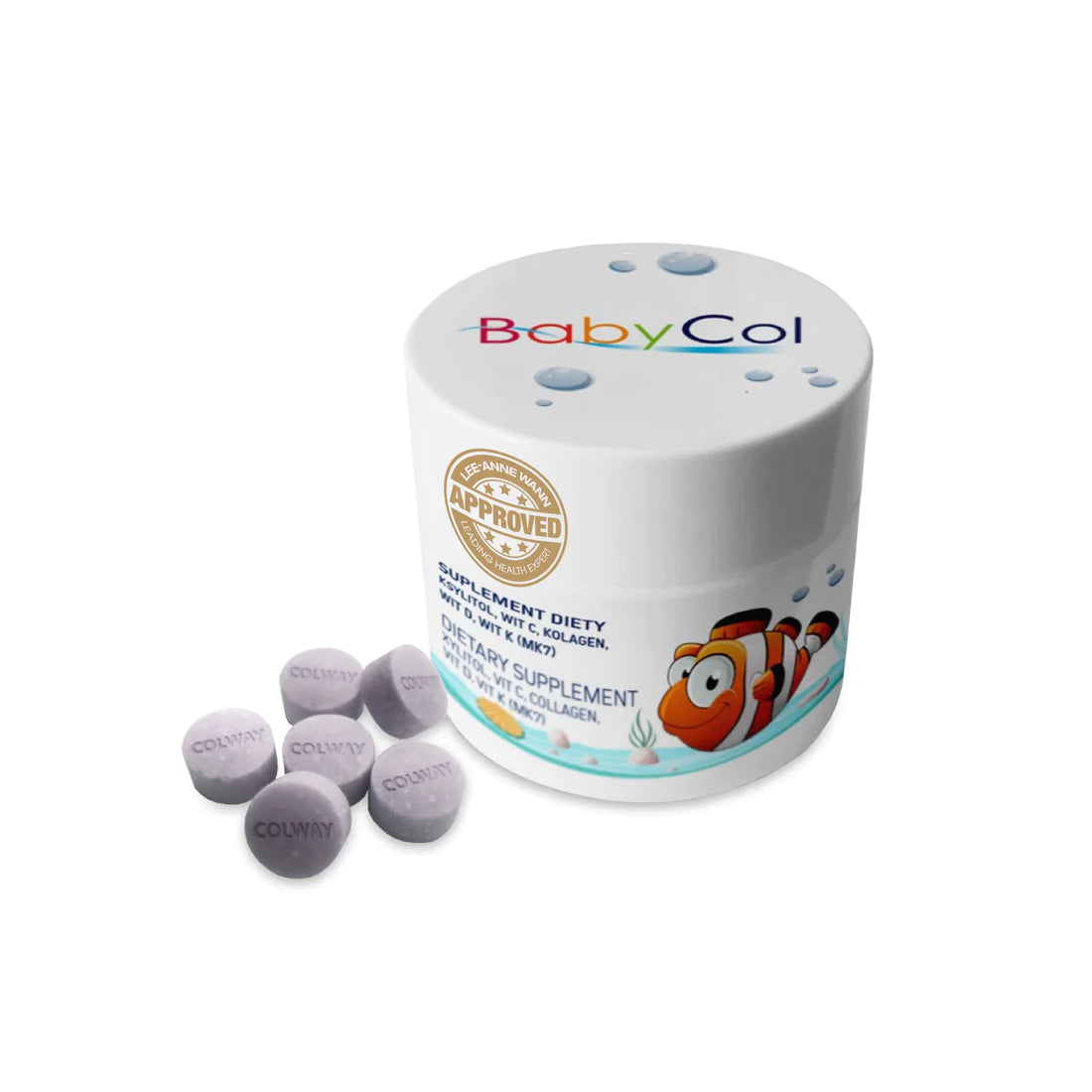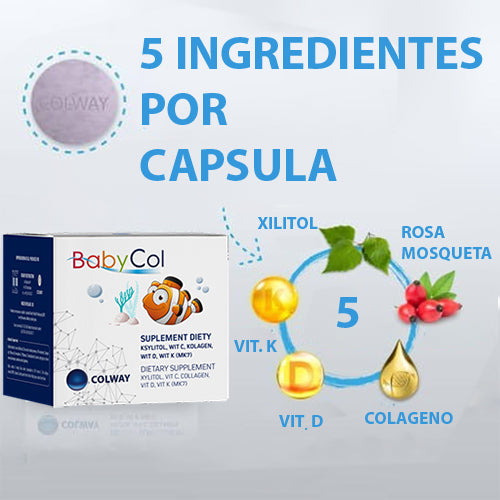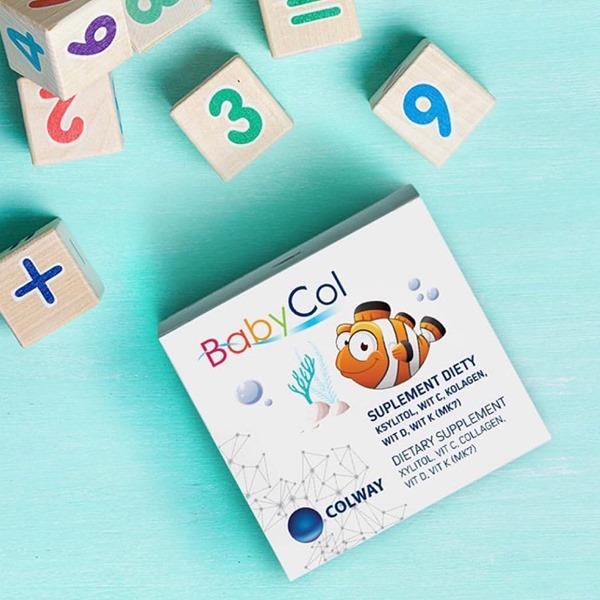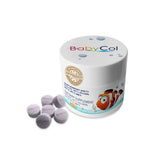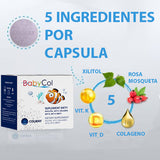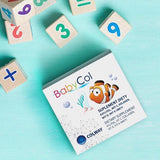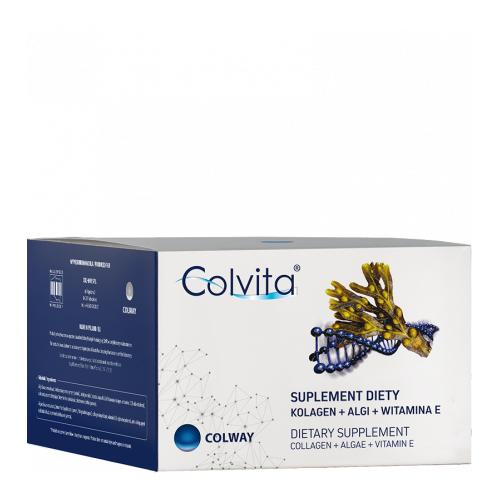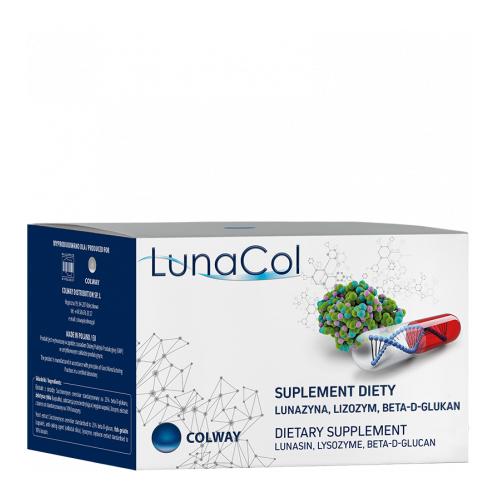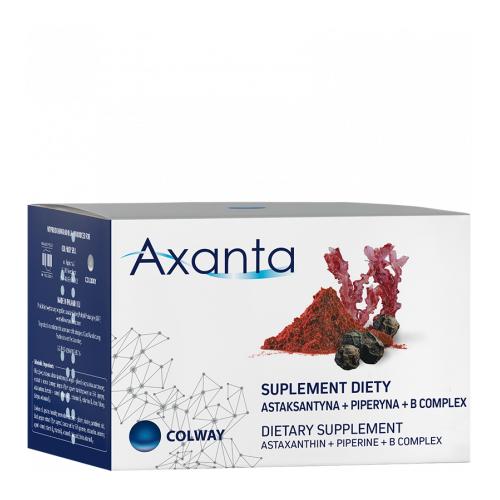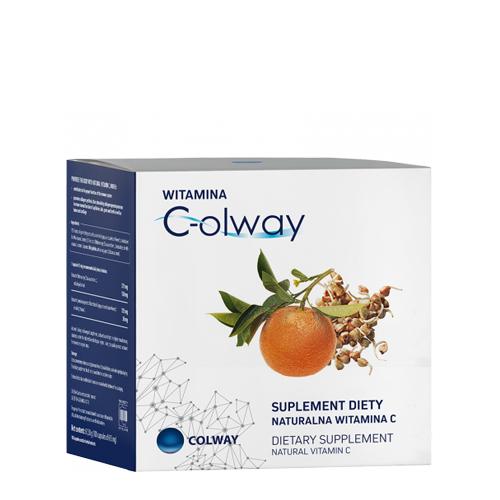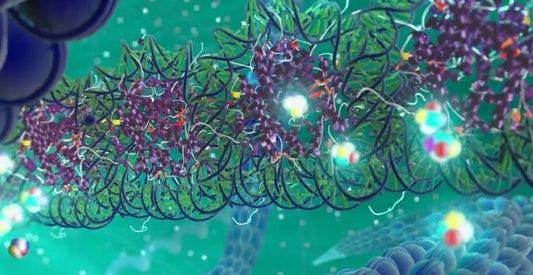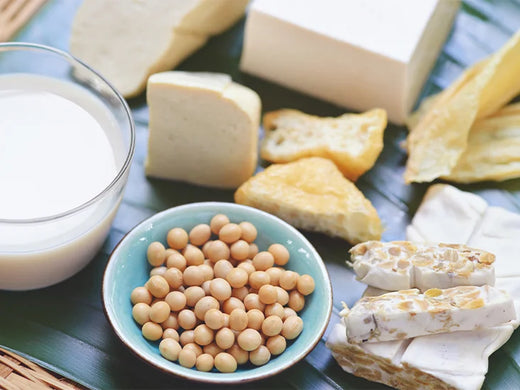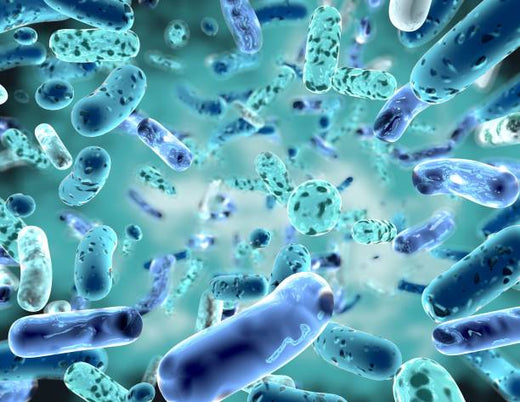Collagen is an essential protein present in the human body, responsible for the formation and maintenance of connective tissues such as skin, bones, cartilage, tendons and ligaments. This component is especially important for children who play sports, as it contributes to proper development and injury prevention. This article discusses the importance of collagen for children who play sports.
Collagen and Physical Development in Child Athletes
Collagen is a key component in the growth and development process of child athletes. As they grow, their bones, muscles, and connective tissues undergo a constant remodeling process, and collagen plays a critical role in forming new structures and repairing existing ones.
Children who play sports are exposed to increased wear on their tissues and joints due to intense and repetitive physical activities. Collagen helps maintain the integrity of these tissues, providing resistance and flexibility to them, which is essential to prevent injuries.
Injury Prevention and Recovery
Collagen is essential for the prevention of injuries in sports children, since it helps to maintain the resistance and elasticity of connective tissues. In addition, an adequate supply of collagen can speed up the recovery process in case of injury, facilitating the repair of damaged tissues.
Collagen supplementation in child athletes can be beneficial in certain cases, but it should always be supervised by a health professional, such as a pediatrician or nutritionist, to ensure adequate and safe consumption.
Collagen Intake through the Diet
Adequate collagen intake can be achieved through a balanced and varied diet. Some collagen-rich foods include lean meats, fish, poultry, dairy, and eggs. In addition, it is important to include foods rich in vitamin C, such as citrus fruits, strawberries, kiwi, broccoli, and peppers, since this vitamin is essential for the synthesis of collagen.
Conclusion
Collagen is an essential component for the development and maintenance of connective tissues in child athletes, and its adequate consumption can help prevent injuries and improve recovery. It is important that children who play sports follow a balanced and varied diet, rich in collagen and vitamin C, to ensure proper development and optimal performance in their sports activities. If collagen supplementation is deemed necessary,
This should always be supervised by a health professional.
Frequently Asked Questions (FAQ)
-
What is collagen and why is it important for child athletes?
Collagen is an essential protein present in the human body, responsible for the formation and maintenance of connective tissues such as skin, bones, cartilage, tendons and ligaments. It is especially important for child athletes, as it contributes to proper development and injury prevention.
-
What are the food sources of collagen?
Some collagen-rich foods include lean meats, fish, poultry, dairy, and eggs. It is important to also include foods rich in vitamin C, such as citrus fruits, strawberries, kiwi, broccoli and peppers, to promote the synthesis of collagen in the body.
-
Is it necessary to supplement children with collagen athletes?
Collagen supplementation in child athletes can be beneficial in certain cases, but it should always be supervised by a health professional, such as a pediatrician or nutritionist, to ensure adequate and safe consumption.
-
How can collagen help prevent injuries in child athletes?
Collagen helps maintain the strength and elasticity of connective tissues, which is essential to prevent injuries in children who play sports. In addition, an adequate supply of collagen can speed up the recovery process in case of injury, facilitating the repair of damaged tissues.
-
What other nutrients are important for child athletes?
In addition to collagen and vitamin C, it is crucial that child athletes consume a balanced and varied diet, rich in protein, carbohydrates, healthy fats, vitamins, and minerals. Some key nutrients include calcium, iron, zinc, B vitamins, and omega-3 fatty acids. A nutritionist can provide personalized guidance on the specific nutritional needs of each child.
-
How should hydration be in child athletes?
Hydration is a fundamental aspect in children's sports practice, since physical performance and injury prevention are affected by the body's state of hydration. It is recommended that children consume water before, during and after physical activity, adjusting the quantity and frequency according to the intensity of the exercise and environmental conditions. In some situations, electrolyte sports drinks may be appropriate, but they should always be used under the supervision of a healthcare professional.
-
What is the importance of a balanced diet in child athletes?
A balanced and varied diet is essential to ensure optimal development and physical performance in child athletes. Through proper nutrition, the supply of all the nutrients necessary for growth, tissue formation and repair, energy maintenance and injury prevention is ensured. In addition, a good diet favors emotional well-being and concentration, key aspects for sports performance.
-
When should a health professional be seen for a nutritional evaluation of a child athlete?
It is recommended to see a health professional, such as a pediatrician or nutritionist, before beginning sports practice, to assess the nutritional status of the child and receive guidance on the specific needs related to their physical activity. In addition, it is important to carry out periodic follow-ups, especially during stages of accelerated growth or changes in the type and intensity of sports activity.
-
How does rest influence performance and injury prevention in child athletes?
Rest is essential for the recovery and regeneration of tissues in child athletes. During sleep, the body releases hormones that promote the repair and growth of muscles and connective tissues, which is essential to prevent injuries and improve sports performance. It is recommended that children get 8-10 hours of sleep a night, depending on age and individual needs.
-
How can you promote a healthy relationship with food and sports in children?
To foster a healthy relationship with food and sport in children, it is important to focus on enjoyment and well-being, rather than competition and performance. Parents and coaches should encourage children to enjoy physical activity and explore different sports, avoiding pressure on them to achieve specific goals. In addition, it is essential to convey the importance of a balanced and varied diet, teaching children to recognize and respond to their body's signals of hunger and satiety, and to enjoy a wide variety of foods.























































































































